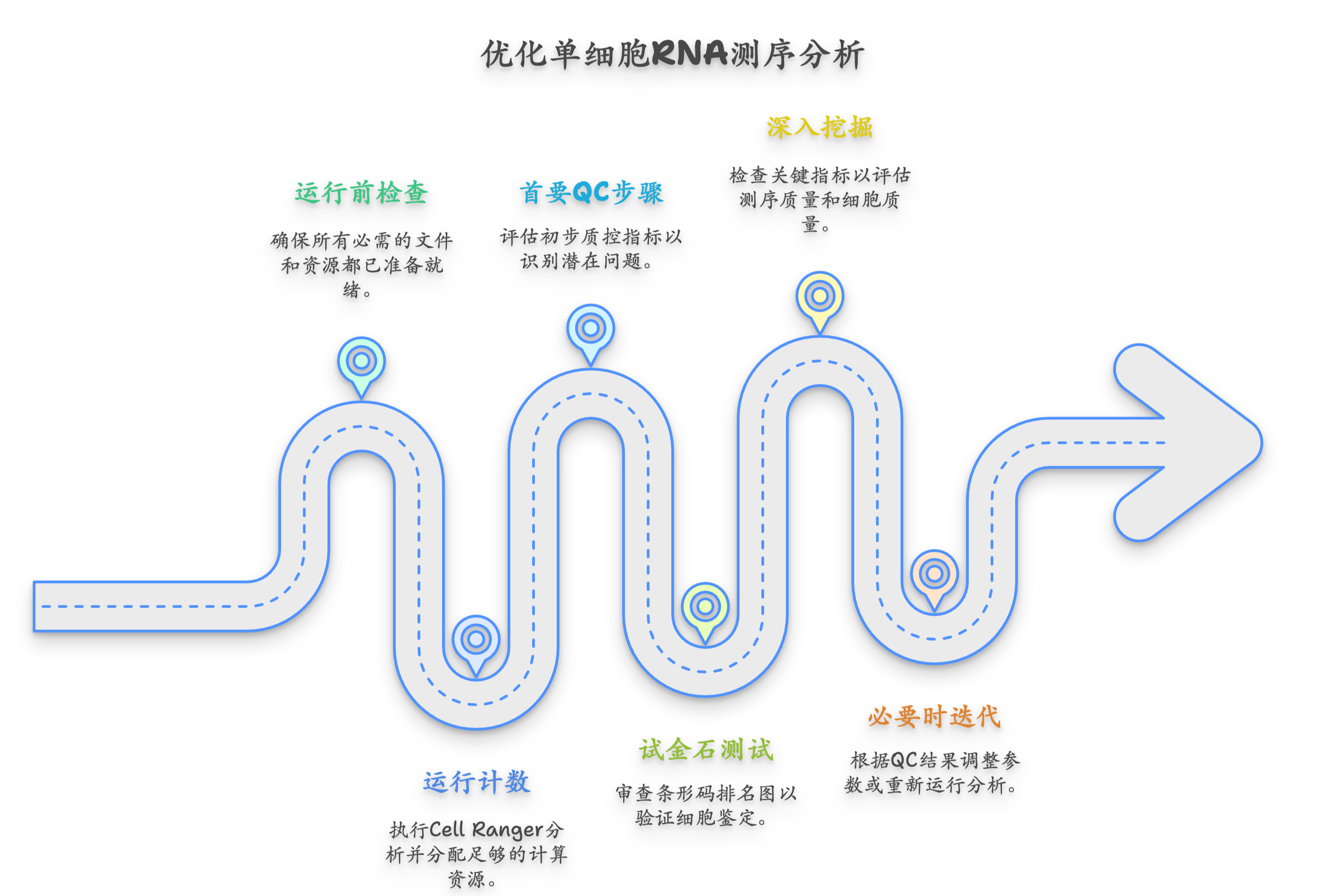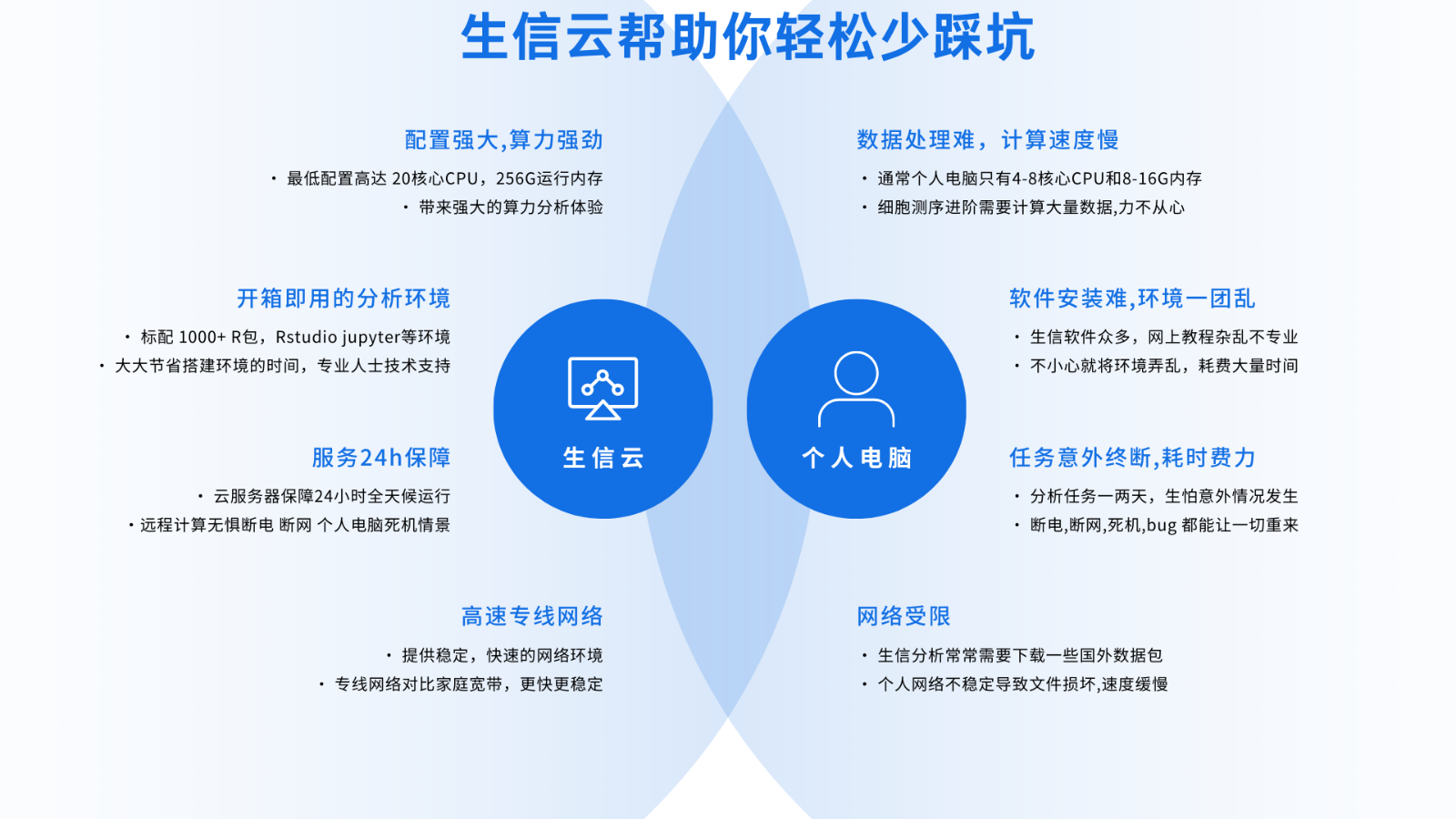
genomic information hub serves as a cornerstone for modern personalized healthcare research. Such platforms are engineered to process large-scale biological data and extract actionable insights. Using modern analytics, automated pipelines, and domain knowledge, they accelerate research and clinical translation.
Scalable Compute for Large-Scale Genomic Analysis
High-throughput experiments produce massive biological datasets that tax traditional compute environments. On-demand scalable infrastructure is key to processing and interpreting high-throughput biological data.
- A key characteristic of scalable bioinformatics servers is the ability to accommodate increasing workloads by adding resources on demand.
- Distributed task execution and map-reduce style processing enable efficient large-scale analyses.
- They support genomic pipelines, population-scale studies, and precision-medicine analytic workflows.
At the same time, cloud adoption has enabled researchers everywhere to use elastic compute resources.
High-Performance Bioinformatics Clouds for Genomic Science
The scale of modern genomics workflows benefits from dedicated cloud platforms offering compute and tooling. Bioinformatics clouds accelerate timelines by removing setup overhead and enabling parallel sample processing.

Distributed Compute for In-Depth Bioinformatics Investigations
Modern bioinformatics workflows require substantial compute and memory to process multi-omics data. Relying solely on in-house hardware can limit flexibility and slow time-to-result for large studies.
The cloud permits elastic provisioning for demanding bioinformatics tasks, enabling broader experiment scope.
Moreover, cloud-based elasticity reduces capital expenditure and simplifies multi-site collaboration on shared datasets.
Custom Cloud Services Driving Bioinformatics Innovation
As the field of bioinformatics evolves, reliance on computing power grows and specialized cloud solutions are emerging to meet modern research demands. They offer end-to-end toolchains for sequence analysis, annotation, and ML-driven discovery in regulated contexts.
Moreover, the intrinsic scalability of cloud computing allows rapid resource changes on demand, democratizing access to advanced bioinformatics and empowering researchers globally.

Streamlining Bioinformatics Workflow with On-Demand Servers
Bioinformatics analysis often requires substantial computational power, and on-demand servers offer a flexible strategy to meet that need. Pay-as-you-go servers reduce capital expense and speed up turnaround for research and clinical pipelines.
Pre-configured server images include curated toolchains for sequence alignment, variant calling, and downstream analysis. Reducing configuration burden shortens project cycles and enhances reproducibility and collaboration.
Bioinformatics as a Service: Democratizing High-Performance Analysis
Cloud-delivered bioinformatics services are revolutionizing research by packaging compute, software, and data into accessible offerings. These platforms enable large-scale cohort analysis, variant interpretation, and systems-biology inquiries at pace.

- Bioinformatics as a Service provides scalable, on-demand compute to handle massive datasets.
- Cloud services support collaborative projects with centralized data access and workflow sharing.
- Sophisticated algorithms, advanced analytics, and ML models empower extraction of meaningful insights from complex biological data.
Clinical-Grade Bioinformatics Servers for Personalized Care
Growing multi-omics and clinical datasets create opportunities to tailor therapies to patient-specific profiles. These systems convert complex biological and clinical inputs into patient-tailored insights for precision care. Timely computational insights assist care teams in matching patients to precision therapies and adaptive regimens.
Computing-Driven Breakthroughs in Biological Understanding
Computational approaches expose hidden relationships in genomes and proteomes using scalable analysis methods. At-scale analysis exposes variant effects, interaction networks, and evolutionary trends otherwise missed.

To decode complex biology, researchers depend on algorithmic, reproducible, and scalable computational frameworks.
Dedicated Scalable Architectures for Advanced Bioinformatics
Cutting-edge bioinformatics requires infrastructure designed for throughput, security, and scientific rigor. By integrating parallel processing, GPU acceleration, and optimized storage, next-gen systems shorten analysis cycles.
- Cloud-based platforms offer flexibility, scalability, and on-demand access to compute and storage resources, adapting to dynamic research needs.
- Focused software development yields purpose-built tools that accelerate specific research tasks.
cloud-based bioinformatics analysis service
These platforms promote collaborative science, supporting fast iteration and cross-team data sharing.
An Integrated Bioinformatics Platform for Discovery and Development
To meet growing analytical needs, comprehensive platforms bundle sequence alignment, annotation, and modeling tools. Users access sequence alignment, genome annotation, transcript assembly, evolutionary analysis, and structural tools in one platform. A clear web UI, workflow templates, and curated datasets enable reproducible research across skill levels.
